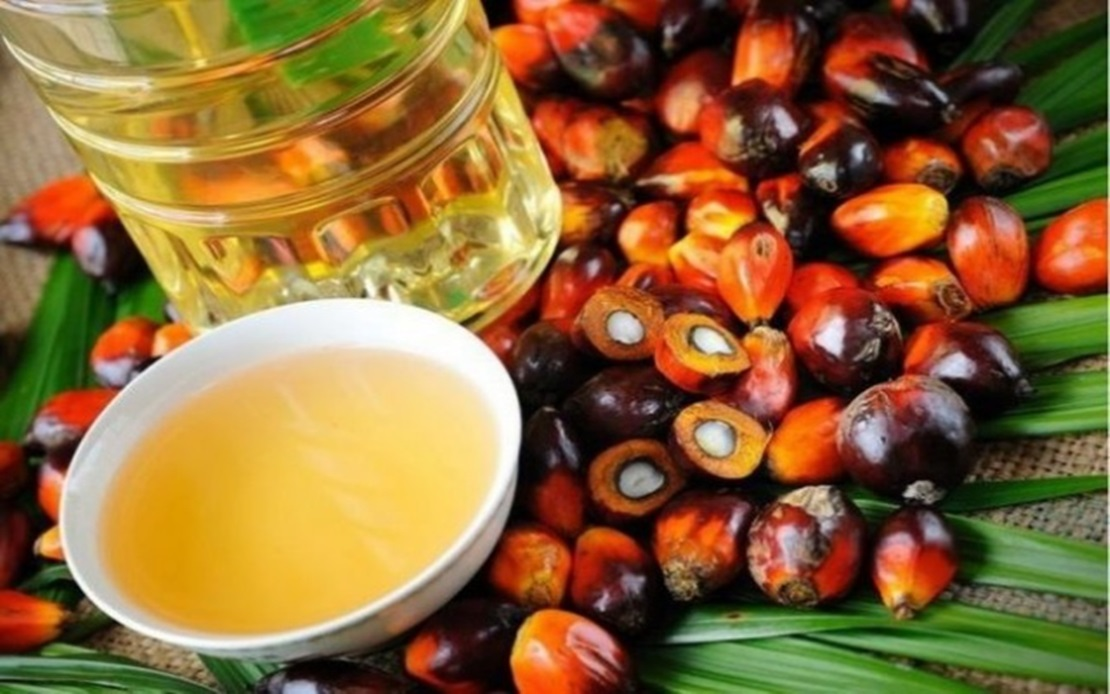News
PENJANA's tax exemption augurs well for palm oil industry
By Nurul Hanis Izmir
KUALA LUMPUR, June 7 -- COVID-19 hit oil palm smallholders and companies can heave a sigh of relief overt a tax exemption provided under the National Economic Recovery Plan (PENJANA) that was aimed at managing the country’s stock level and stabilise the crude palm oil (CPO) price.
The government on Friday announced a 100 per cent exemption on export duty on crude palm oil, crude palm kernel oil and processed palm kernel oil from July 1, 2020 to Dec 31, 2020,
Commenting on the initiative, the Malaysian Palm Oil Board (MPOB) said the tax exemption will encourage industry players to sell more palm oil and help them earn more income while solving their problems, including the additional costs incurred during these difficult times.
“We could promote more exports, especially to the top vegetable oil consumers, including India, China and Pakistan,” its director-general, Dr Ahmad Parveez Ghulam Kadir told Bernama.
The announcement also bodes well with India’s decision to import 1.14 million tonnes of vegetable oil in June from the April-May monthly average of 865,000 million tonnes.
Indian Vegetable Oils Producers Association (IVPA) president Sudhakar Desai was recently reported as saying that with the easing of lockdown, the average vegetable oil import was expected to rise to about 1.3 million-1.4 million tonnes per month from July until September, he said in a statement issued in conjunction with an IVPA-hosted global webinar on May 29.
Ahmad Parveez said Indian importers had signed contracts with Malaysian suppliers for June/July delivery of 200,000 tonnes of CPO.
“The renewed purchases by India was spurred by low domestic vegetable oil stocks in the country arising from the lockdown measures implemented since March 24, 2020 which has affected the movement of goods.
“The easing of the lockdown measures has enabled the Indian importers to resume stocking up the commodity. We hope that India will again emerge as a valued customer for the Malaysian palm oil,” he said.
The MPOB, he noted, is looking forward to better export figures to India in the second half of 2020 as it comes out of the COVID-19 pandemic as businesses have started operating within the new normal.
MPOB chairman Datuk Ahmad Jazlan Yaakub said the government's announcement would definitely help the industry boost the export value of Malaysian palm oil, especially to India as the Indian government has not extended the import restrictions on refined palm oil.
"The MPOB is always committed in its efforts to ensure the palm oil industry continues to thrive and is competitive. We have always put the interests of our smallholders, industry and country first in our operations," he said.
Ahmad Parveez noted that if all is well, the country’s stock level would not be hitting the three million tonnes mark by year-end as predicted by plantation experts (from expectations of 2.28 million tonnes in May) and CPO average price in 2020 could stay at RM2,500 per tonne.
The good weather conditions this year is expected to bolster good production for edible oils worldwide, hence, providing a stiff competition to CPO.
While its close competitor, Indonesia, is increasing its import duty by US$5 to US$55, Malaysia could stand a chance to entice more palm oil buyers with its cheaper price.
“This (tax exemption) is a nice package and timely and it will benefit the whole industry,” Ahmad Parveez said.
However, he said rest assured, the commodity will still be sufficient for local consumption.
Singapore-based Palm Oil Analytics owner and co-founder Dr Sathia Varqa expects Malaysia to see higher exports of CPO to India and Pakistan.
“CPO futures received a boost after the (PENJANA’s) announcement. Malaysia can expect higher CPO exports to countries like India and Pakistan and its CPO export prices will have a competitive advantage over Indonesia,” he said.
However, he cautioned that the strengthening ringgit against the US dollar may cut the competitive advantage.
At Friday’s close, the local note rebounded versus the greenback to 4.2640/2700 from 4.2740/2810 recorded on Thursday.
Commenting on the India’s plan to promote domestic cultivation of palm oil due to its high yield of four tonnes per hectare, Sathia said India’s palm production is negligible.
“It is 70 per cent dependent on edible oil imports with palm making up the largest chunk followed by soybean oil,” he said.
Last year, Malaysia exported 18.46 million tonnes of palm oil compared with 16.48 million tonnes in 2018. The top three buyers were India which took 4.4 million tonnes (2018: 2.51 million tonnes), China (2.49 million tonnes; 2018:1.85 million tonnes) and Pakistan (1.08 million tonnes; 2018:1.16 million tonnes).
-- BERNAMA
Other News
Sarawak Lepasi Sasaran Kapasiti Gabungan Tenaga Boleh Baharu Tahun Ini - Abang Johari

Oleh Nur Ashikin Abdul Aziz
SINGAPURA, 21 Okt (Bernama) -- Sarawak mencapai 62 peratus sasaran campuran kapasiti tenaga boleh baharu (TBB) tahun ini, melepasi sasaran 60 peratus yang digariskan dalam Strategi Pembangunan Pasca COVID-19 (PCDS) 2030.
Sarawak Pacu Pertumbuhan Tenaga Boleh Diperbaharui Untuk Manfaat ASEAN - Premier

SINGAPURA, 21 Okt (Bernama) -- Sarawak komited menyokong peralihan tenaga boleh diperbaharui di Asia Tenggara dengan memanfaatkan potensinya sebagai "Bateri ASEAN," yang akan membekalkan tenaga bersih menerusi sambungan Grid Kuasa Borneo dan ASEAN.
Belanjawan 2025 Percepat Peralihan Kepada Tenaga Bersih - Solarvest

KUALA LUMPUR, 19 Okt (Bernama) -- Belanjawan 2025 merupakan satu langkah ke arah mempercepat peralihan kepada tenaga bersih di Malaysia, kata Solarvest Holdings Bhd.
© 2025 BERNAMA. All Rights Reserved.
Disclaimer | Privacy Policy | Security Policy This material may not be published, broadcast,
rewritten or redistributed in any form except with the prior written permission of BERNAMA.
Contact us :
General [ +603-2693 9933, helpdesk@bernama.com ]
Product/Service Enquiries [ +603-2050 4466, digitalsales@bernama.com ]
